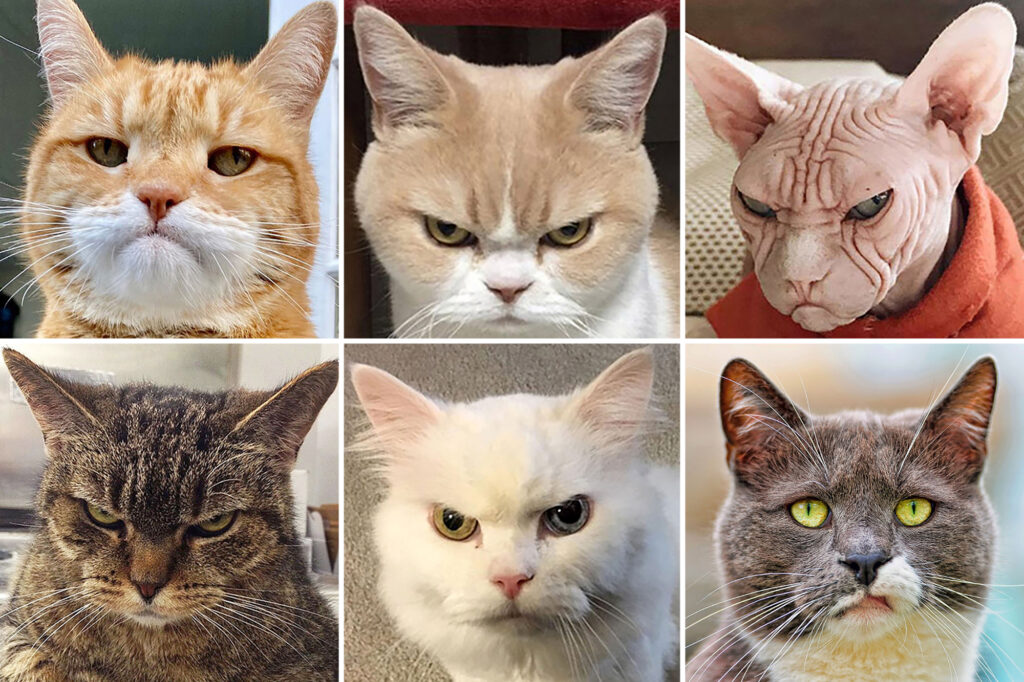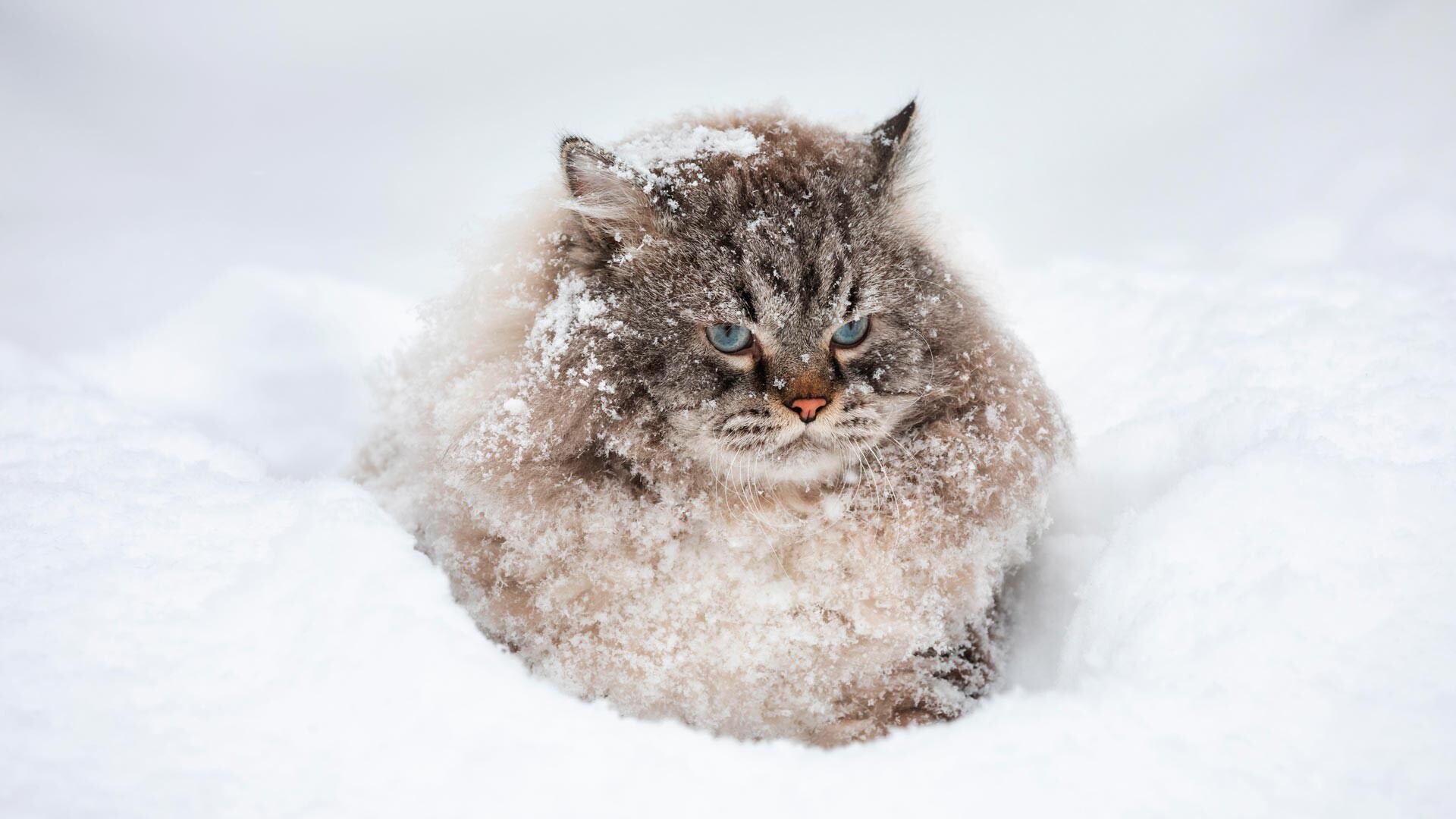
Whiskers, a fictional cat, may be a beloved member of the family, but his behavior presents challenges for his owners. From aggression to destructive tendencies, understanding and managing Whiskers’ difficult behaviors is essential for maintaining a harmonious relationship with their feline companion.
1. Aggression
Whiskers has a tendency to lash out unpredictably, hissing and swatting at family members and visitors alike. His aggression often escalates during grooming or when approached while eating. Despite attempts to calm him down, Whiskers’ aggressive behavior remains a source of concern for his owners.
2. Destructive Scratching
Whiskers’ sharp claws have caused significant damage to furniture, curtains, and carpets throughout the house. Despite providing scratching posts and toys, Whiskers prefers to sharpen his claws on more expensive items, leaving his owners frustrated and struggling to find a solution.
3. Inappropriate Elimination
Whiskers’ litter box habits leave much to be desired, as he frequently chooses to relieve himself outside the litter box, particularly on rugs and clothing. Despite regular cleanings and attempts to make the litter box more appealing, Whiskers continues to exhibit this problematic behavior.
4. Excessive Vocalization
Whiskers is a vocal cat, meowing incessantly throughout the day and night. His constant vocalization has become a source of irritation for his owners, disrupting their sleep and causing tension within the household. Despite their best efforts to provide attention and enrichment, Whiskers shows no signs of quieting down.
5. Destructive Chewing
In addition to his other challenging behaviors, Whiskers has developed a habit of chewing on household items, including electrical cords and houseplants. His destructive chewing poses a safety hazard and has resulted in costly damage to their belongings.
Whiskers may be a difficult cat to live with, but with patience, understanding, and proper management, his owners can help him overcome his challenging behaviors and lead a happier, healthier life. By addressing the underlying causes of his aggression, destructive tendencies, inappropriate elimination, excessive vocalization, and destructive chewing, Whiskers’ owners can create a more harmonious environment for their feline companion.






